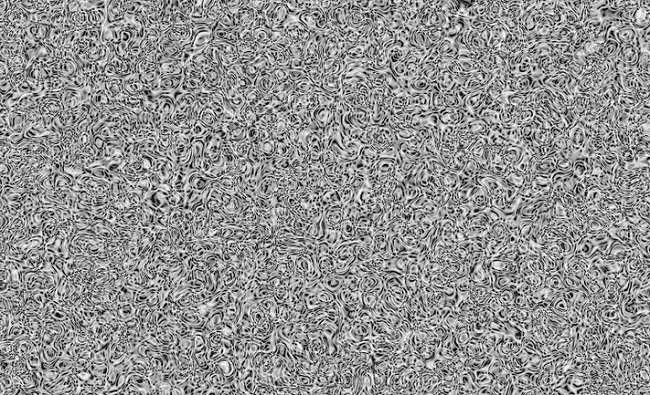If you’ve ever tried a sleep app before or woken to static on the TV, you’ve likely listened to white noise. But what makes this type of noise different than music or any other sounds? Of course, the even bigger question you may have is whether white noise is as effective as everyone seems to claim.
The answer isn’t so cut and dry. As with most relaxation, and even productivity, tricks, it’s not for everyone. However, it’s well worth trying, especially when you read about the science behind it.
What Is White Noise?
First of all, what is white noise? It’s not just one sound but thousands mixed together to create an almost static hum. It’s much like being in a large crowd. You can’t really distinguish who’s saying what. It just becomes a single roar of sound. While white noise shouldn’t be that loud, it’s the same type of effect.

The idea is to blur all sounds together to block out distractions. If you’re not focused on one particular noise, your mind is free to focus on something else or nothing at all.
According to the Merriam-Webster Dictionary, this type of noise is “a heterogeneous mixture of sound waves extending over a wide frequency range.” In more layman’s terms, it’s also defined as “a constant background noise.”
Live Science provides a more technical definition. This noise is called white because it’s the audio version of white light, which mixes all visible light wavelengths. It mixes all audible frequencies, effectively blocking other sounds and also maintains the same amplitude throughout, preventing distracting spikes.
Relaxation and Sleep
Naturally, white noise comes in many forms. Many consistent, soothing sounds are considered acceptable forms, such as ocean waves, rain, or a fan. But, does it work to help you relax and sleep?

A study of patients admitted to a CCU, coronary care unit, proves that it does help. Sleeping in a hospital isn’t easy with machines, nurses, doctors, and other patients making so many random sounds. Adding white noise helped patients fall asleep and stay asleep longer.
Of course, if noises are keeping you from relaxing, a frequency that blocks them out should aid in relaxation and sleep. For many, blocking out loud, distracting sounds helps reduce stress. Multiple studies and experts proved that the noise helps by masking random sounds and reducing high blood pressure and heart rate associated with stress. It can also lead to an almost meditative state where the brain can relax.
On the other hand, white noise definitely isn’t for everyone. One study found ambient and background noise increased stress levels for some people. It can also aggravate existing stress-related conditions. In addition, the noise increases the release of cortisol to unhealthy levels, reducing concentration and focus.
Increase Creativity
A study published in the Journal Of Consumer Research discovered that the decibel level of the noise can change how effective it is. The study focused on creative cognition, or creativity. Levels of 85 dB and above actually hurt creativity.

The study ranged from 50 dB to 85 dB. While there was some noticeable benefit around 50 dB, the biggest benefits came at 70 dB. This means it’s not just the white noise itself, but the loudness too. Simply blasting noise as loud as possible to block out distracting noises can be even more distracting. A moderate volume gives you the best benefits.
Productivity and Focus
Finally, how does white noise actually help with productivity and focus? Or does it help at all? Since it can reduce stress, aid in relaxation, and help you sleep better, your focus increases simply because your brain and body feel better. It’s always easier to stay focused after a great night’s sleep and when your mind isn’t scattered due to stress.

The process of white noise improving cognitive function is called stochastic resonance. The frequency and optimal volume work together to improve:
- Perception
- Problem solving
- Ability to retain information
- Ability to learn
You could potentially feel better and be able to focus and understand things better as well. Plus, less distractions lead to higher levels of productivity.
Once again, white noise doesn’t help everyone. A simple way to try it is to shut yourself in a quiet room with a standard desk fan running or try videos on YouTube or special apps. If you feel more distracted or stressed, stop. Everyone’s mind works differently, so quiet or random noises may actually help you more than white noise.
